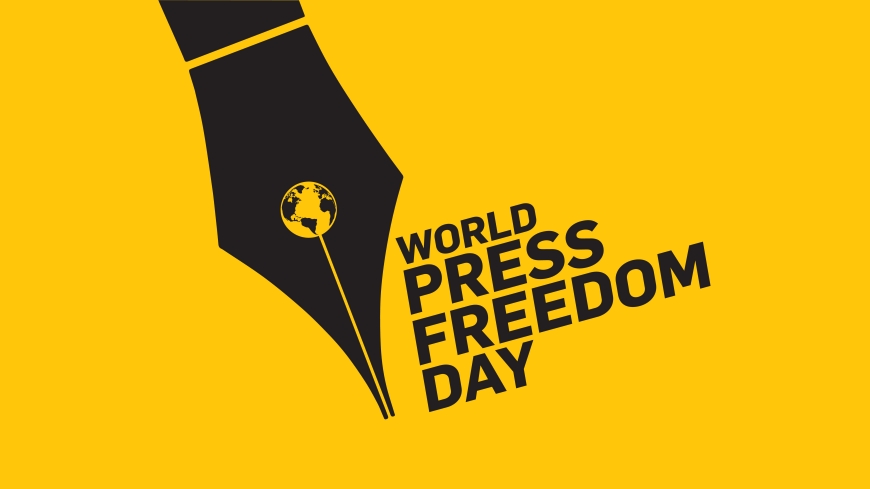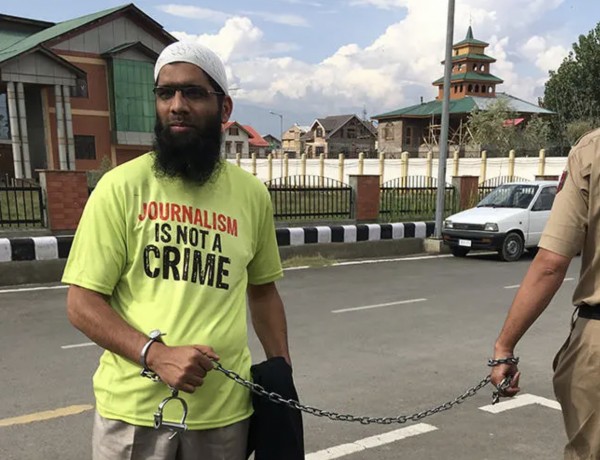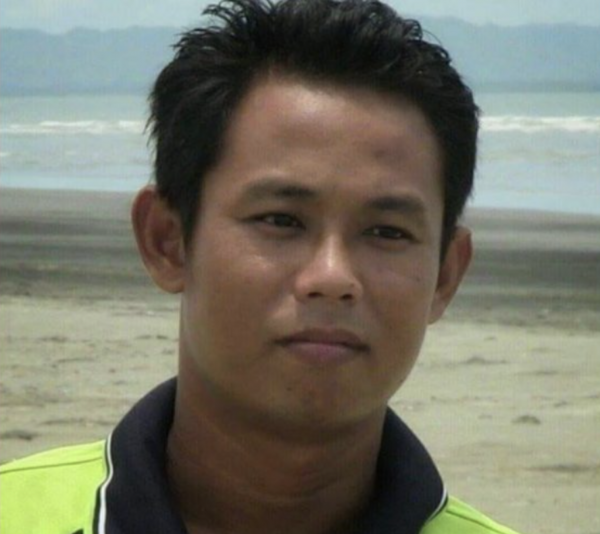To mark World Press Freedom Day 2022, IPI’s media partners in the South Asia Cross-border journalism project in Bangladesh, India, Pakistan and Nepal have documented several press freedom violations in their countries. These stories are published in all the five news publications – The Daily Star, The Week, Dawn, Republica and Nagarik.
Babita Basnet, the editor of the vernacular weekly, Ghatana Ra Bichar, was heavily trolled by a group of people for one of her recent articles. Her article called for making a policy review of a law related to rape cases. She cited some examples of teen rape offenders whom she had visited in jails and interviewed. According to her write-up, they were in a relationship with their girlfriends but later were framed as rapists and sent to jail.
The timing of the article landed her in soup. A cine artist had been arrested on the charge of raping a minor. So, the people thought she was trying to protect a perpetrator. According to her, the intention of the article was not to protect the perpetrator but to reexamine the issue and relevant laws.
“I couldn’t visit social media sites that time because of the troll,” Basnet says. “It was a bad time not only for me but also left my family members worried about me.”
Basnet is not the only journalist who has gone through such a situation. Cyber bullying of journalists is a recent phenomenon in Nepal. As compared to previous years, journalists are less active in social media. Every year, their social media engagement is decreasing. They visit those sites for information, but do not want to share ideas as this may court them unnecessary attacks in cyberspace.
“Silencing the journalists is the biggest threat in recent days,” says a digital media expert who doesn’t want to be named. “Now, politicians want to silence journalists by giving lucrative offers or bullying them with the help of their cadres. Ultimately, both methods discourage independent journalism.”
The organized cyber bullying started when the then Prime Minister KP Sharma Oli ordered his cadres to attack his critics like wasps. Within days, they formed a ‘cyber army’ to troll journalists and writers who were critical of the government. There were a series of attacks against journalists and writers by the people close to the government.
There is a danger of hacking journalists’ social media and email accounts as well. Some of the mainstream media’s social media accounts were hacked recently. Even www.myrepublica.com’s social media account was hacked and later restored with the help of Twitter.
Hacking social media and email accounts of journalists or media houses would jeopardize the life of sources and their journalistic work. Journalists contact various people to collect information. However, they do not divulge the identity of the source. But the information revealed by hacking or other means would risk the life of the journalists.
In recent days, posting telephone numbers of female journalists as a digital attack is a common phenomenon in India. Nepal hasn’t witnessed such a situation yet, but things could go to that extent.
Experts lament that the present government has not corrected regressive laws and bills introduced by the previous government despite various threats journalists routinely face. All types of governments are interested in introducing repressive laws against the press and the freedom of expression.
“The government is not ready to review policies to create a conducive environment for the press,” says Taranath Dahal, executive chief of Freedom Forum. “Journalists are highly vulnerable to digital threats. The government can misuse information technology (IT) related laws against journalists.”
Dahal further explains, “Journalists are under a serious threat of digital surveillance. Yet, they are not aware of it. Even the human rights defenders are not well prepared to save them and journalists form such a situation.”
Nepal has lately witnessed a growing political intolerance against journalists. Since the promulgation of the new constitution in 2015, Nepal has been practicing three tiers of governments — federal, provincial and local.
All levels of governments are seen as intolerant to journalists. Either they lure journalists or issue threats not to write anything critical of them. “They want to either buy the journalists or threaten them,” Dahal says. “These methods are opted to silence them.”
On Monday, Freedom Forum published its annual report that says, “Journalists have been facing threats from local representatives, ministers, government officials as well as security persons while covering news, corruption, crimes and other irregularities. Therefore, journalists require additional physical and professional safety to complete their tasks in this regard.”
The growing culture of silence in the press ultimately discourages democratic exercise. Moreover, it will hamper the people’s right to know. Journalists are regularly practicing self-censorship due to social media and other threats.
“Once I was heavily trolled, my colleagues suggested that I not write on such topics,” Basnet says. “Such a situation ultimately affects the people’s freedom of expression.”
This editorial was originally published by MyRepublica.



